In addition to material choice, storage tanks differ in size and capacity, ranging from small tanks holding a few gallons to tanks exceeding 35 feet in length, with a storage capacity of 50,000 gallons or more. Read More…
Roto Dynamics Inc., custom rotational molders serving rotomolding and plastic tank needs nationwide. We are dedicated to our customers manufacturing needs. Building customer relationships based on integrity and communication assists us in developing a competitive advantage within the industry.
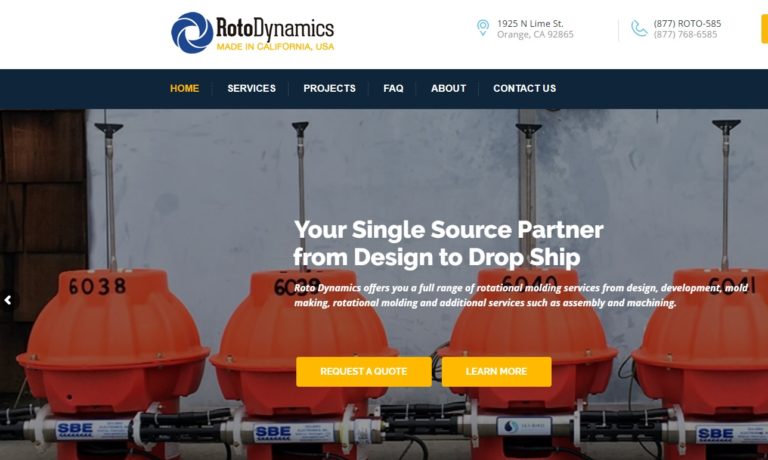
United States Plastic Corp. manufactures and distributes some 25,000 plastic items serving over 85,000 clients operating in a factory five acres under roof. Our major product is manufacturing plastic tanks, the distribution of bottles, carboy and plastic containers. This also includes plastic sheet, rods, tubes, flexible tubing and thousands of plastic fittings.
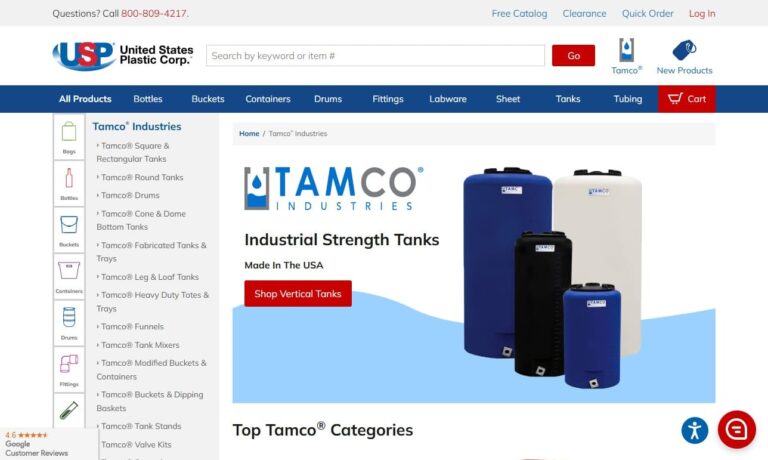
Specializing in fabricated plastic tanks such as water tanks, polypropylene tanks, polyethylene tanks and storage tanks, Park Plastic Products is capable of making your plastic tank in any size or dimension.
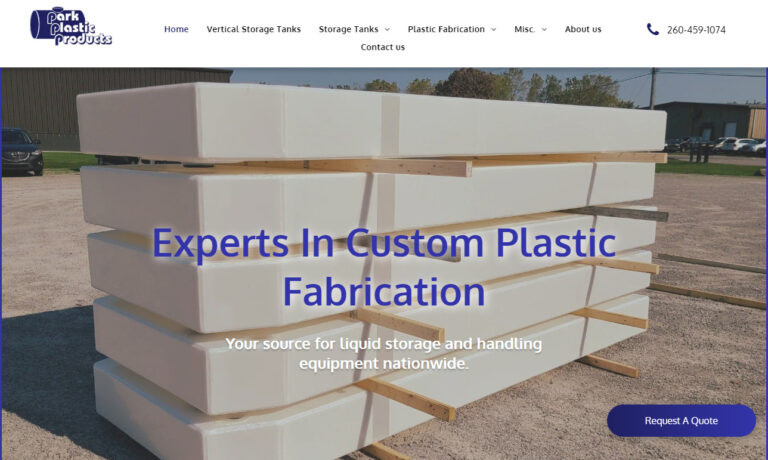
Sherman Roto Tank specializes in tanks that are manufactured to be suitable to store and process chemicals. Our tanks are a great choice for any industry. All our products go through extensive testing in order to surpass the industry standards. We offer sizes varying from 65 gallon to 800 gallon tanks. Along with tanks we manufacture customizable stands.
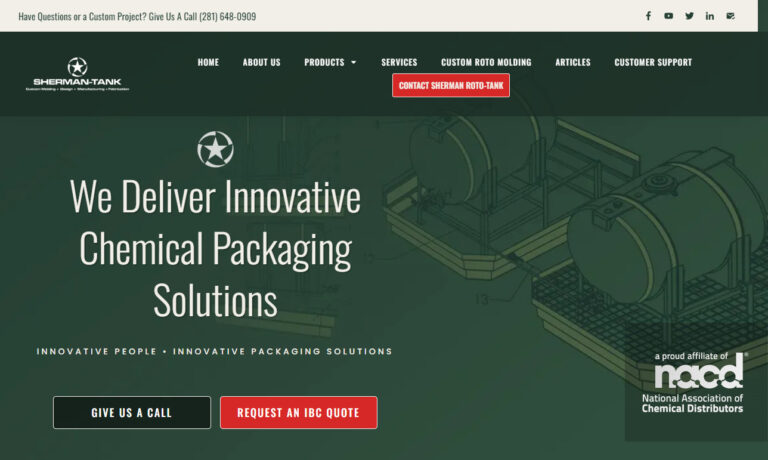
With over 100 years combined experience, All Plastics and Fiberglass has the experience to handle all your plastic and fiberglass needs.
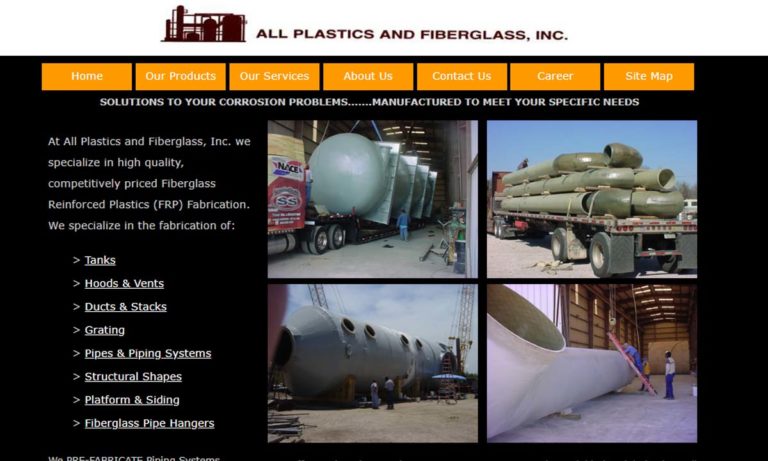
Plas-Tanks Industries fabricates fiberglass-reinforced plastic tanks, chemical tanks (for storage) and vacuum vessels for storage, processing and mixing of water, wastewater and corrosive materials. We specialize in repairs, shop design and fabrication plus shop-built and field-assembled vessels.

Polyfab offers a diversified range of products & capabilities. Our highly skilled tank specialists fabricate plastic tanks of Polypropylene, PVC, Polyethylene, CPVC and Kynar. They also work with Stainless Steel & Mild Steel and design & build plating lines. Bulk Storage Tanks, Mixers, Plating Barrels, etc.
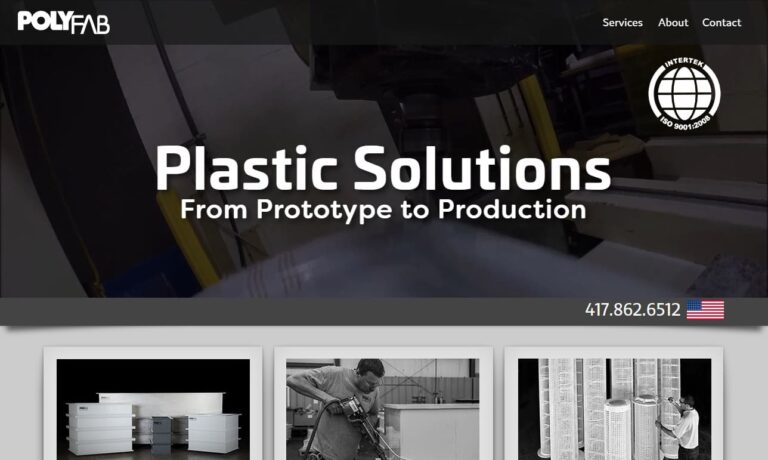
More Storage Tank Manufacturers
Storage tanks encompass a very broad category, and more specific types of storage tanks include water tanks, septic tanks, chemical tanks, fuel tanks, oil tanks and double wall tanks. Due to the wide range of capabilities, storage tanks are utilized in numerous industries including: agricultural, in the storage of water for irrigation as well as herbicides and fertilizer; oil/gas, for the storage of various fuels and oils for automotive and aerospace applications; wastewater treatment, for use in municipal waste water treatment plants and other water treatment facilities; medical, for use in pharmaceutical industries for the storage of liquid and powder medications or even gases such as hydrogen, ammonia, nitrous oxide, carbon dioxide or boron hydride.
Storage tanks are formed using either a molding or a welding process. Plastic tank molding involves using a model shape to form the tank, while plastic tank welding is a process in which two pieces of heat-softened plastic are joined through the application of pressure. Examples of this welding process are hot air and extrusion welding.
In hot air welding, also known as hot gas welding, a specially designed heat gun is used to produce a jet of hot air that functions to soften both the parts that are to be joined and a plastic filler rod, which must all be a similar plastic material. In extrusion welding, a welding rod is drawn into a miniature plastic extruder and then plasticized. After it is plasticized, it is forced out of the extruder and pressed against the parts being joined, which have been softened by means of a hot air jet in order to allow bonding to occur.
Storage tanks are formed from a wide variety of plastic materials. Of all the plastics, polyethylene is the most commonly used to fabricate storage tanks. Polyethylene, a light, chemical-resistant thermoplastic, is advantageous as a material for storage tanks because it offers high chemical inertness as well as being a very light-weight material.


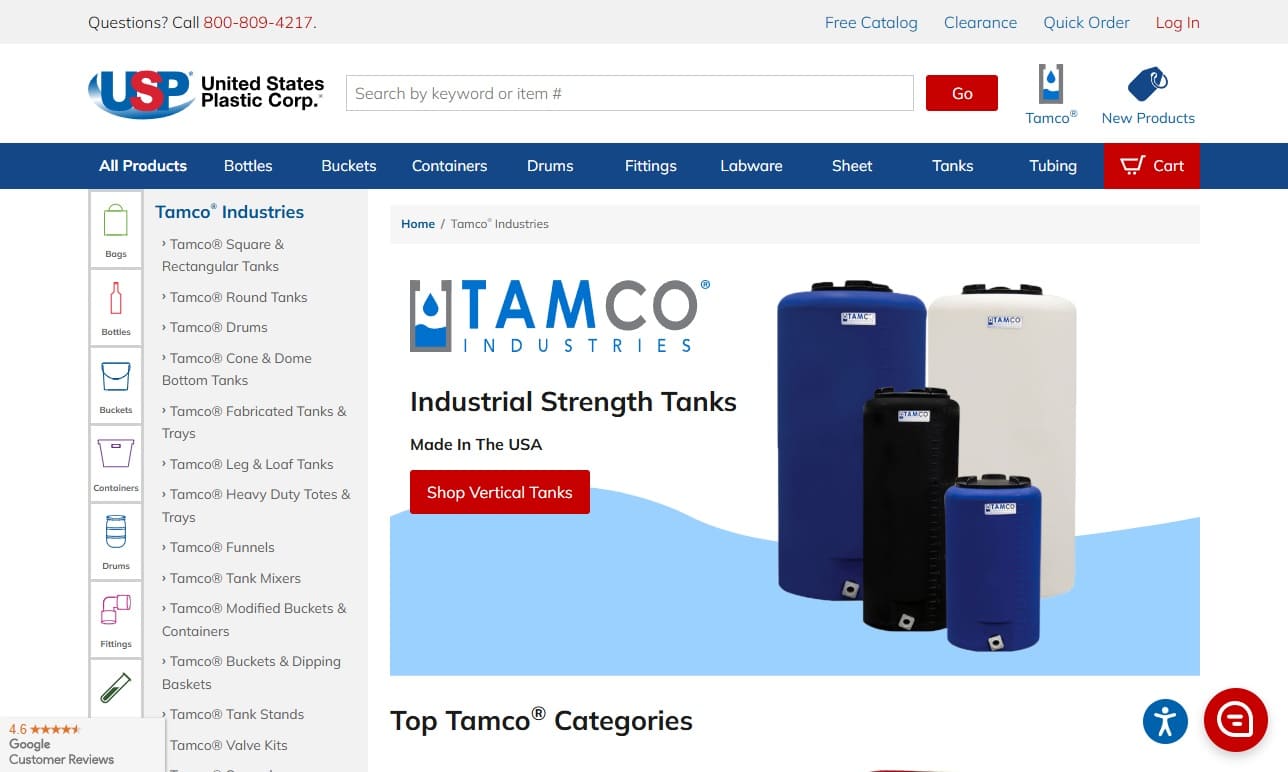
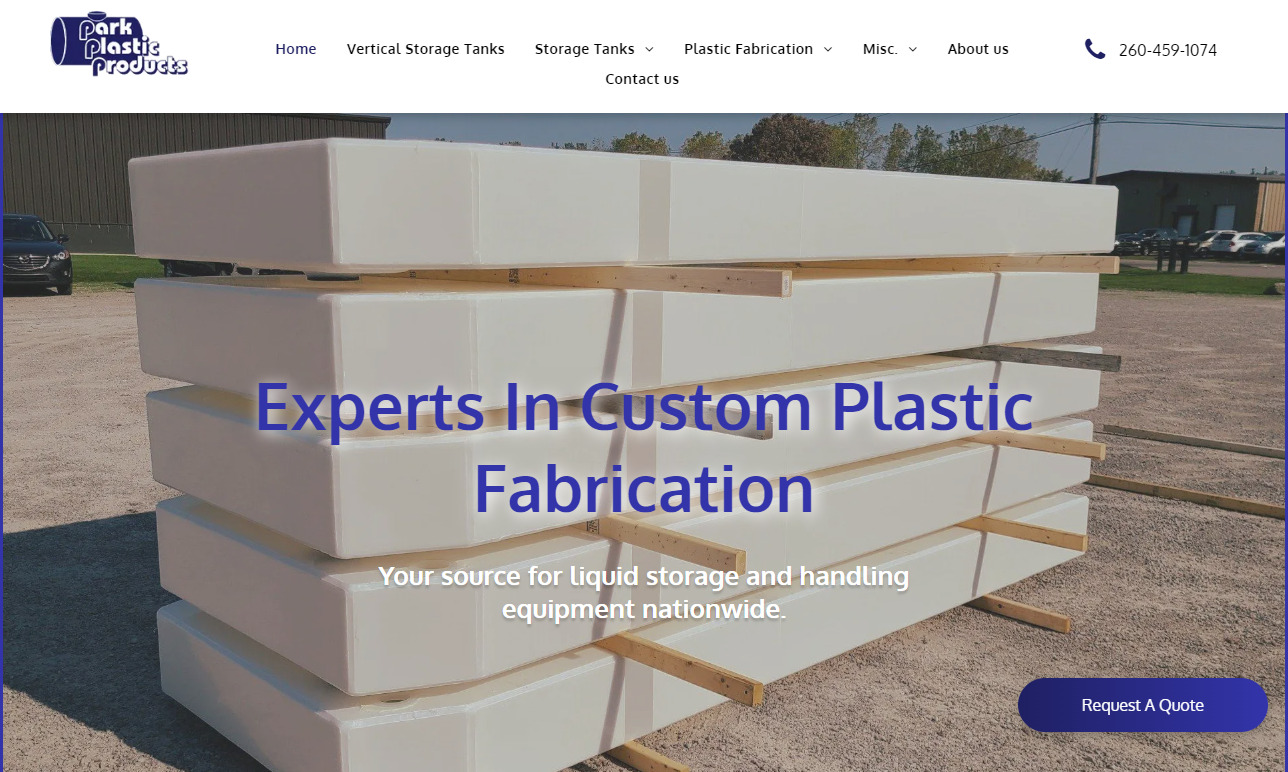


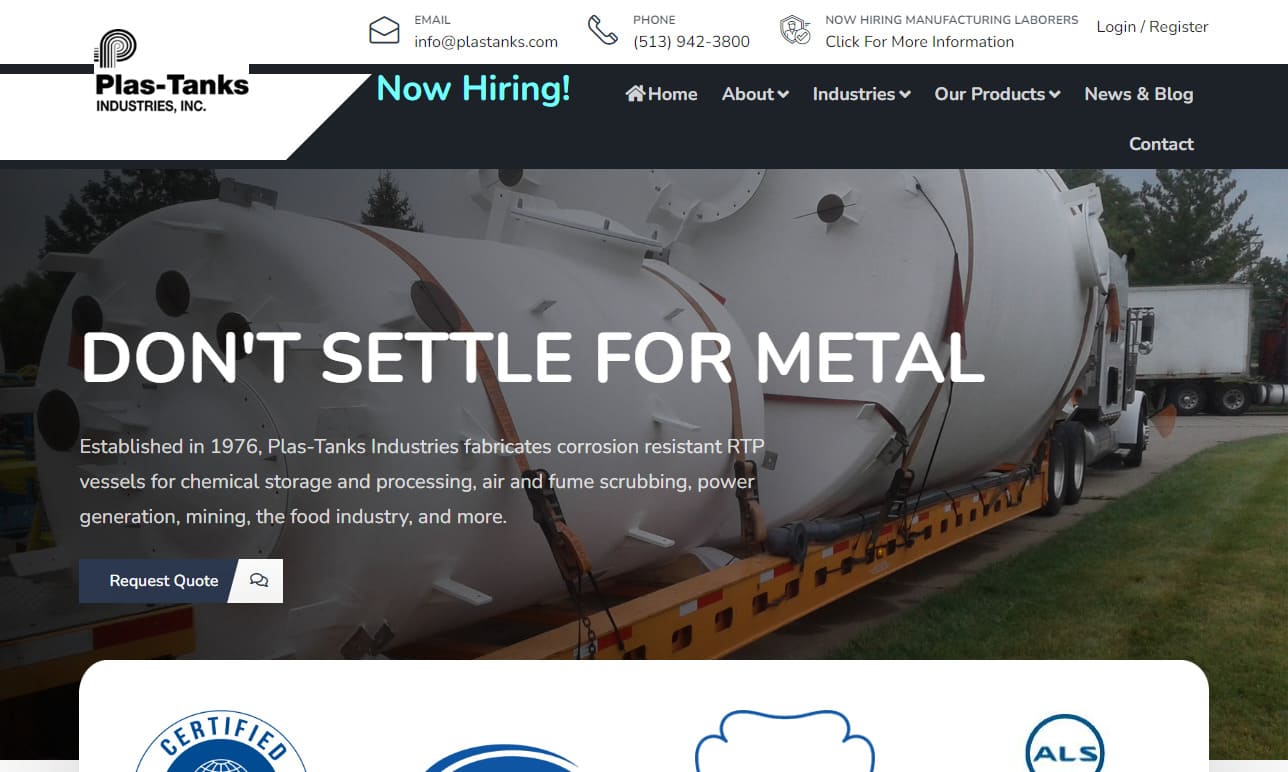

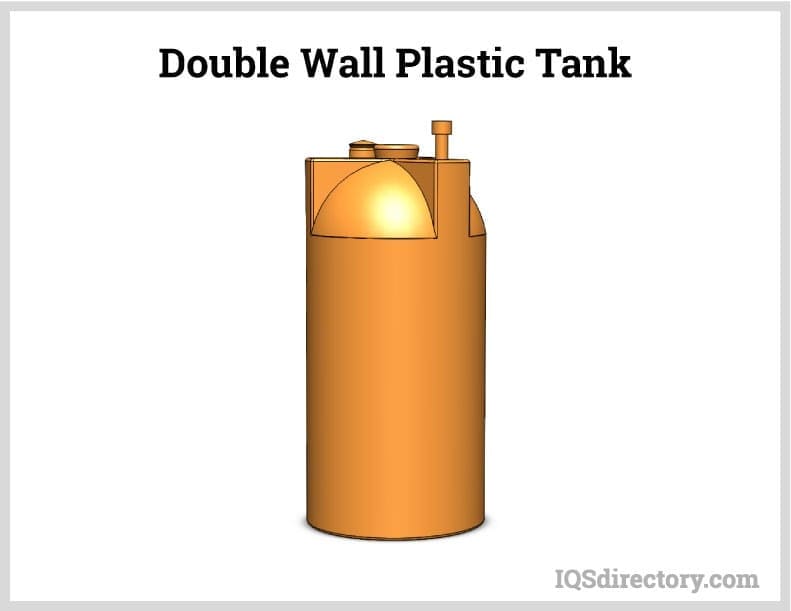
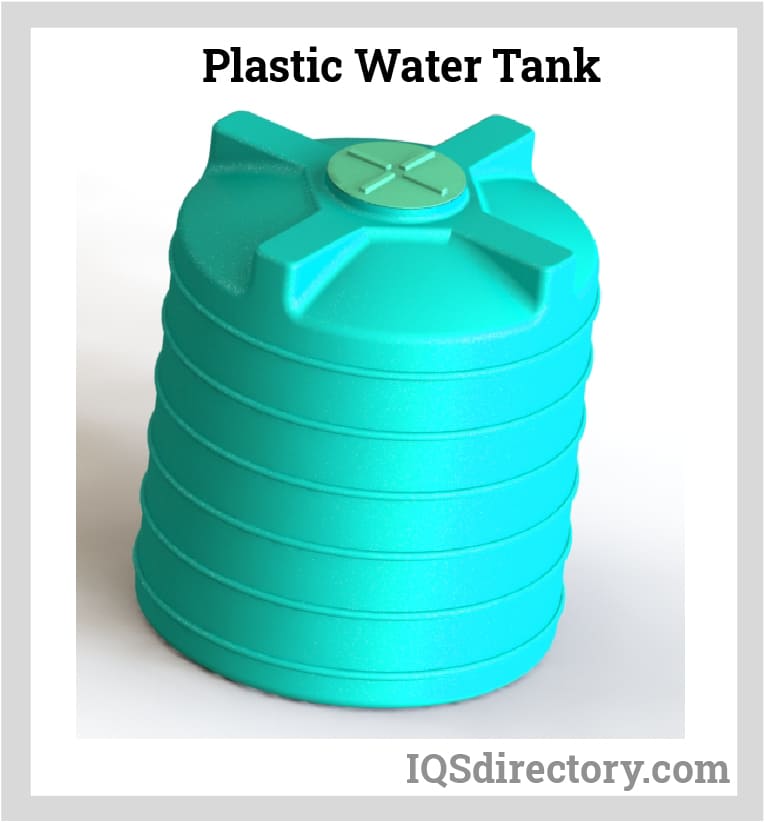
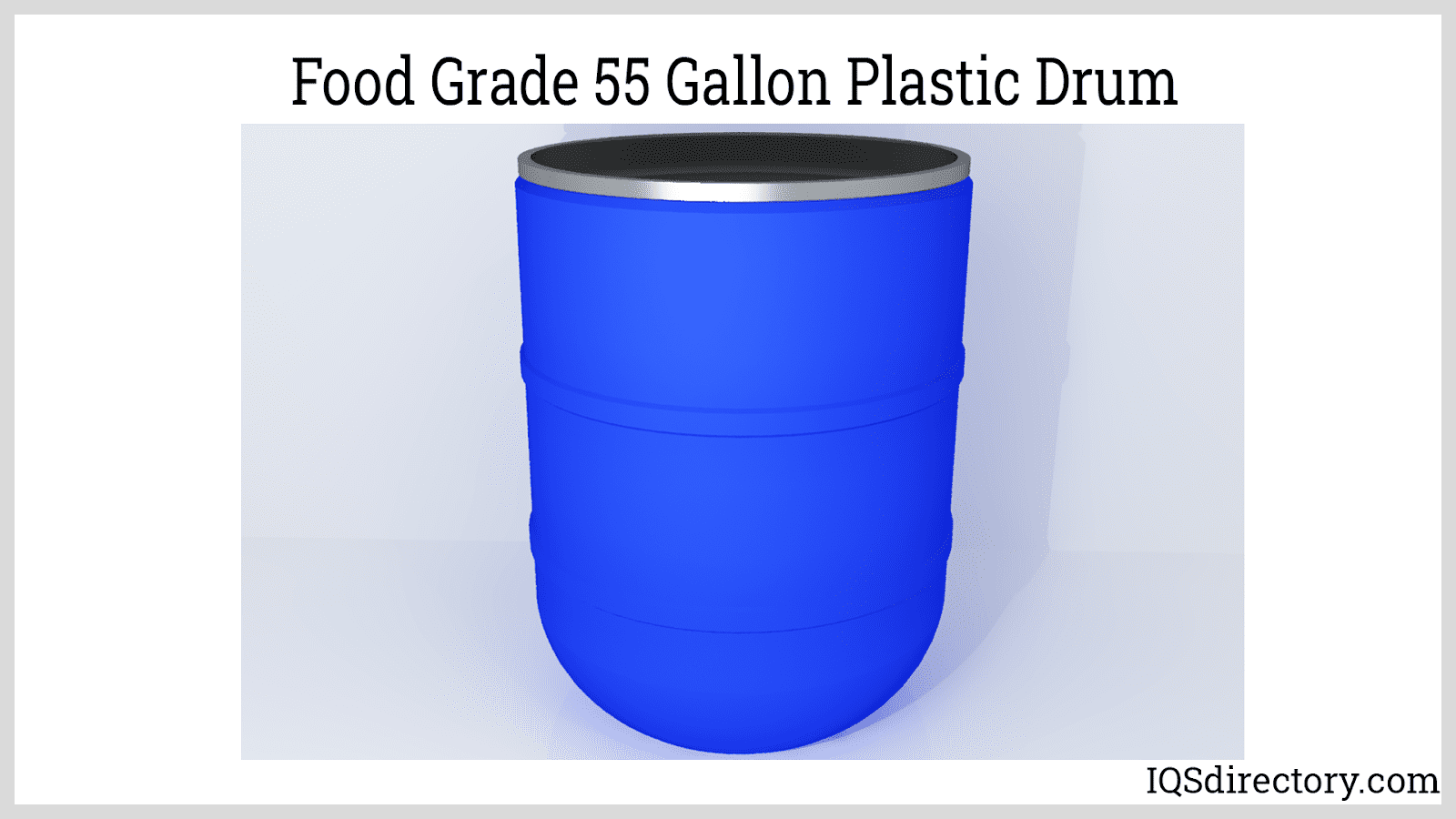
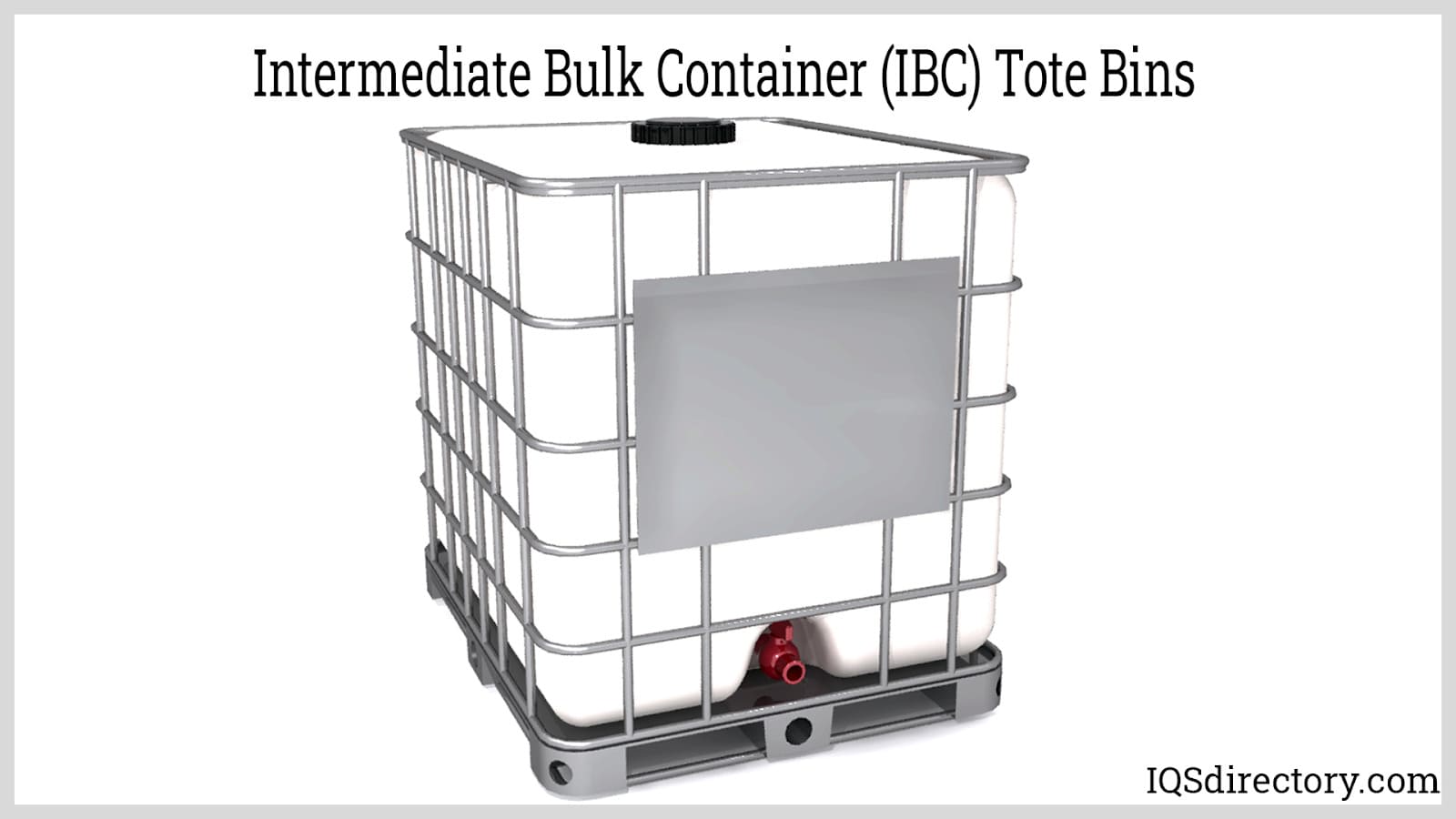
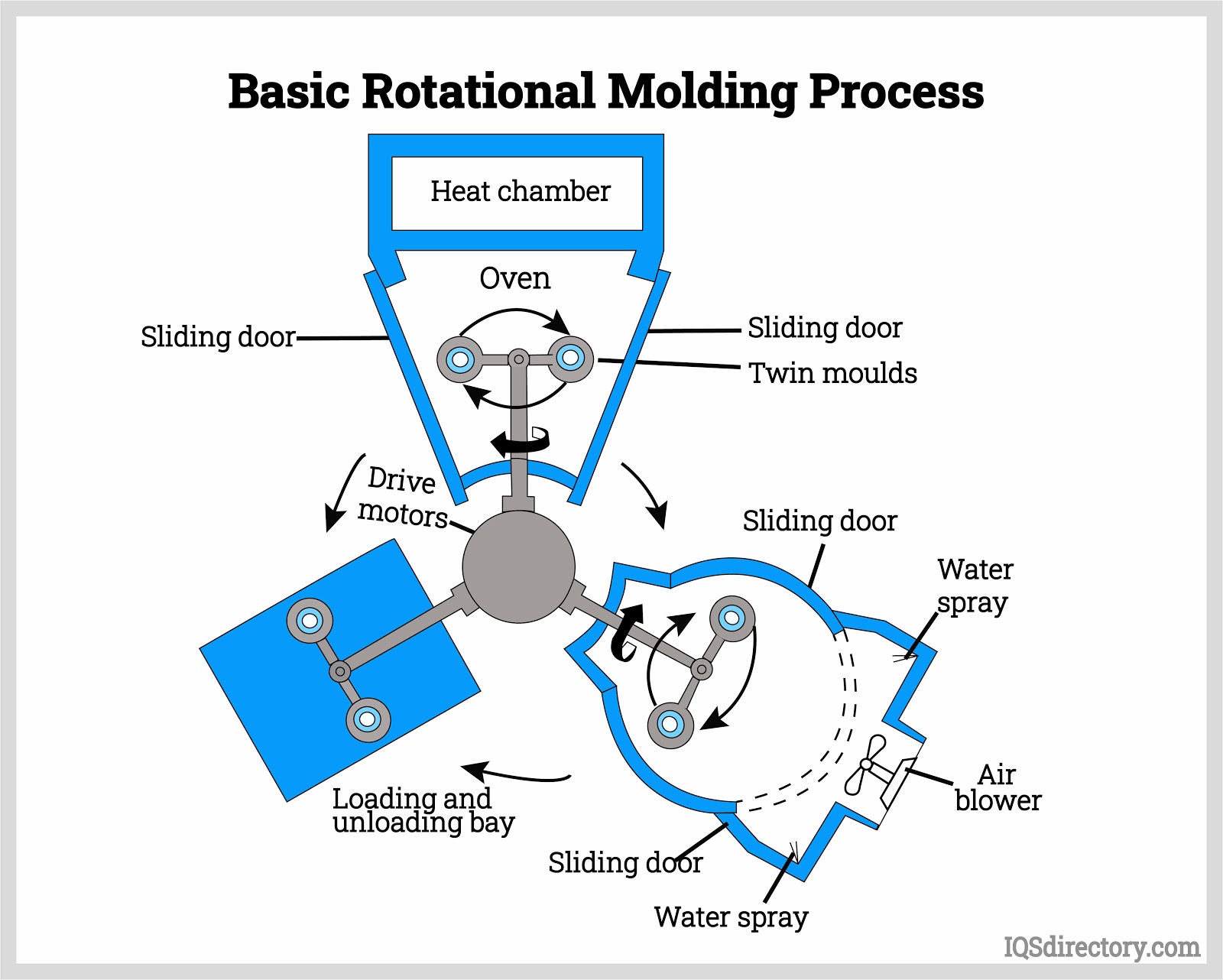
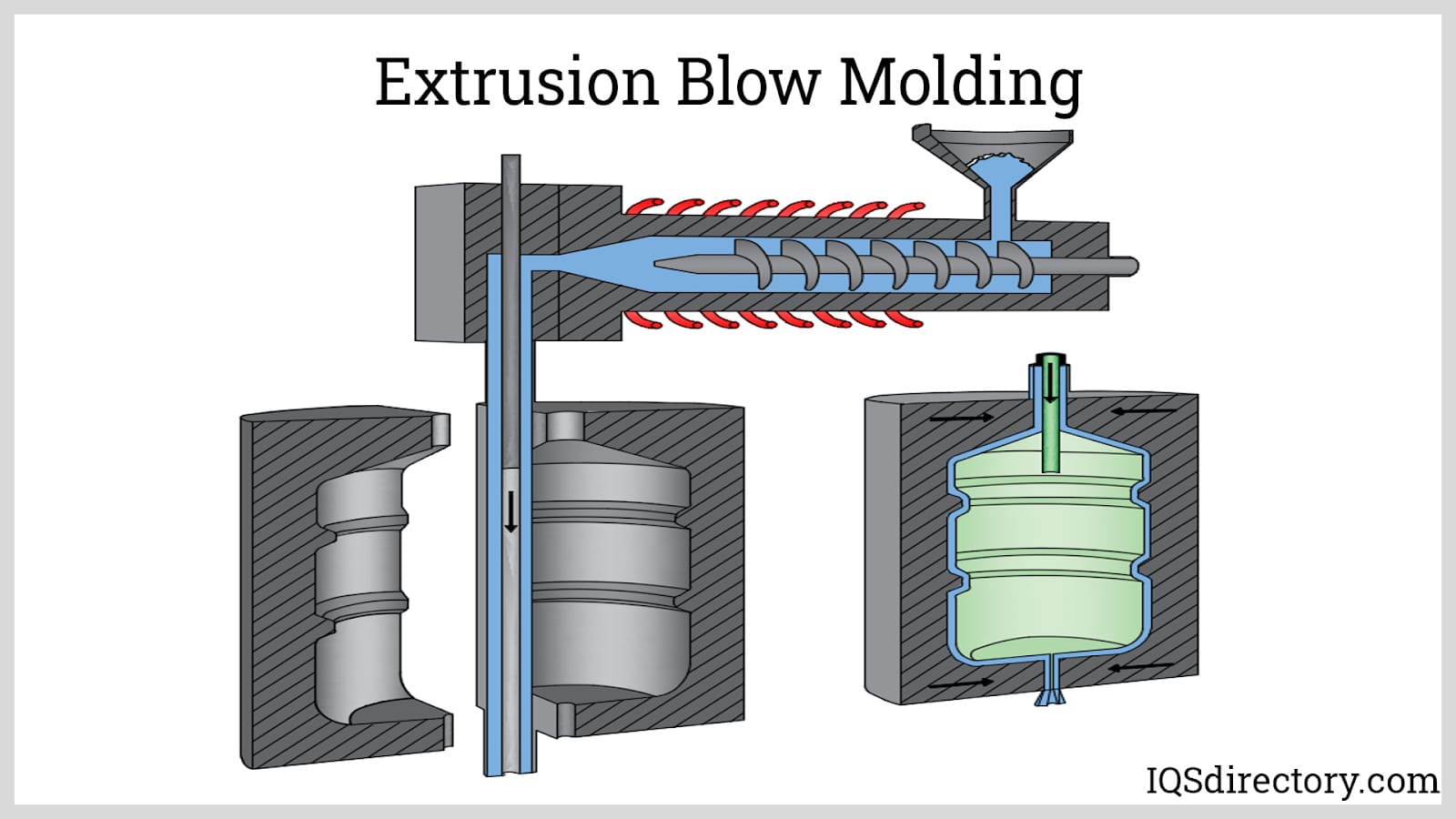
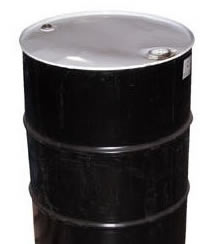 55 Gallon Drums
55 Gallon Drums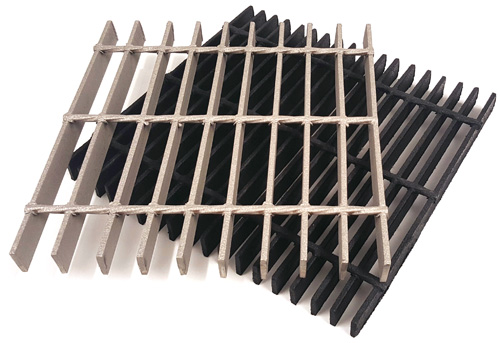 Floor Gratings
Floor Gratings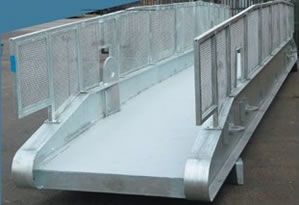 Mezzanines
Mezzanines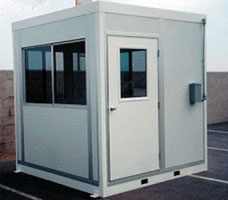 Modular Buildings
Modular Buildings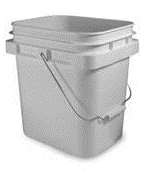 Plastic Containers
Plastic Containers Plastic Pallets
Plastic Pallets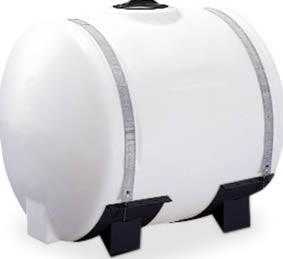 Plastic Tanks
Plastic Tanks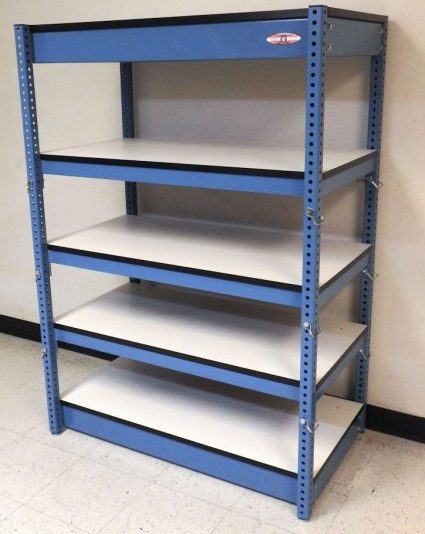 Steel Shelving
Steel Shelving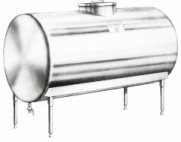 Stainless Steel Tanks
Stainless Steel Tanks Storage Racks
Storage Racks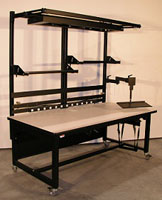 Work Benches
Work Benches Castings & Forgings
Castings & Forgings Bulk Material Handling
Bulk Material Handling Electrical & Electronic Components
Electrical & Electronic Components Flow Instrumentation
Flow Instrumentation Hardware
Hardware Material Handling Equipment
Material Handling Equipment Metal Cutting Services
Metal Cutting Services Metal Forming Services
Metal Forming Services Metal Suppliers
Metal Suppliers Motion Control Products
Motion Control Products Plant & Facility Equipment
Plant & Facility Equipment Plant & Facility Supplies
Plant & Facility Supplies Plastic Molding Processes
Plastic Molding Processes Pumps & Valves
Pumps & Valves Recycling Equipment
Recycling Equipment Rubber Products & Services
Rubber Products & Services